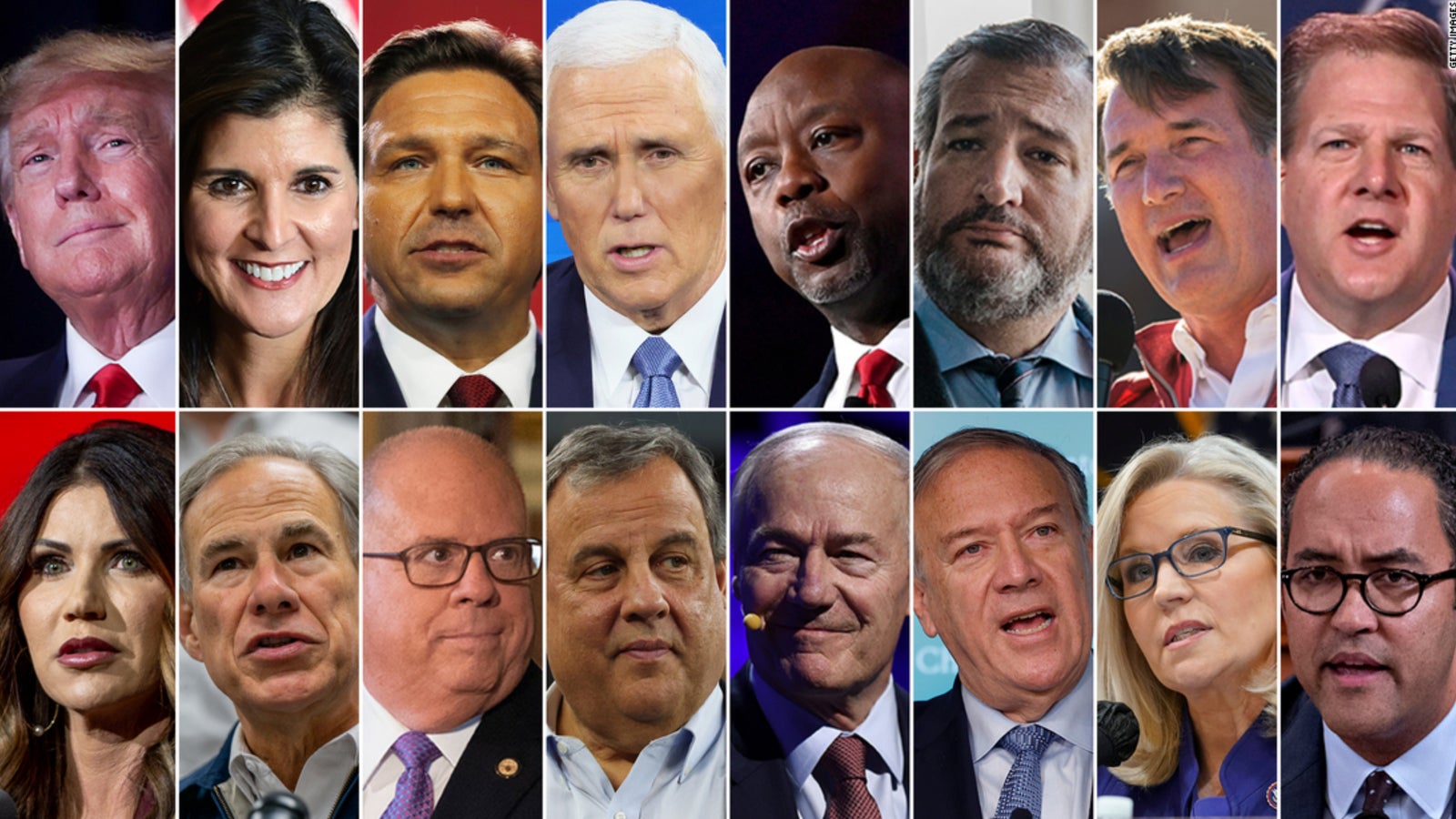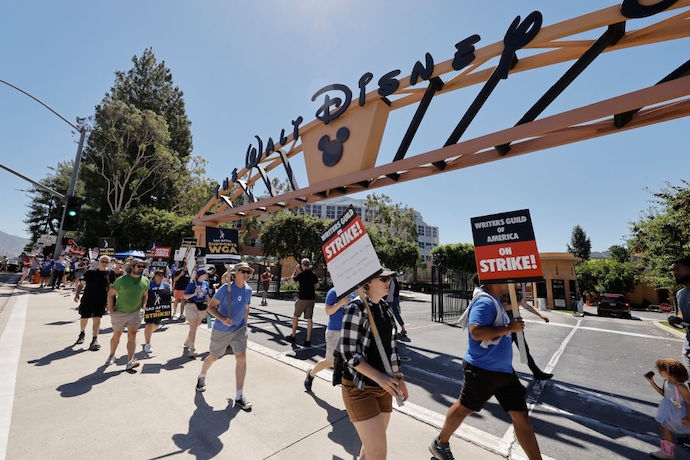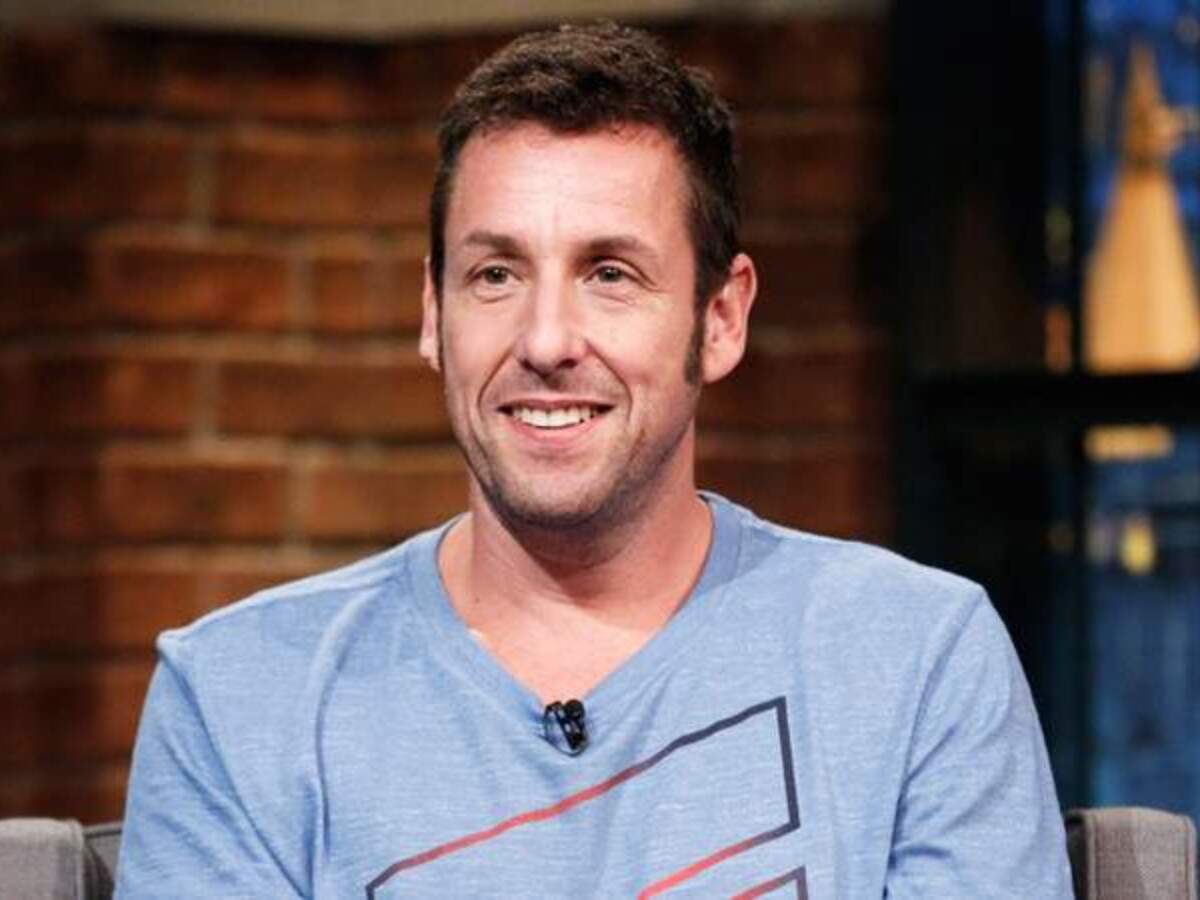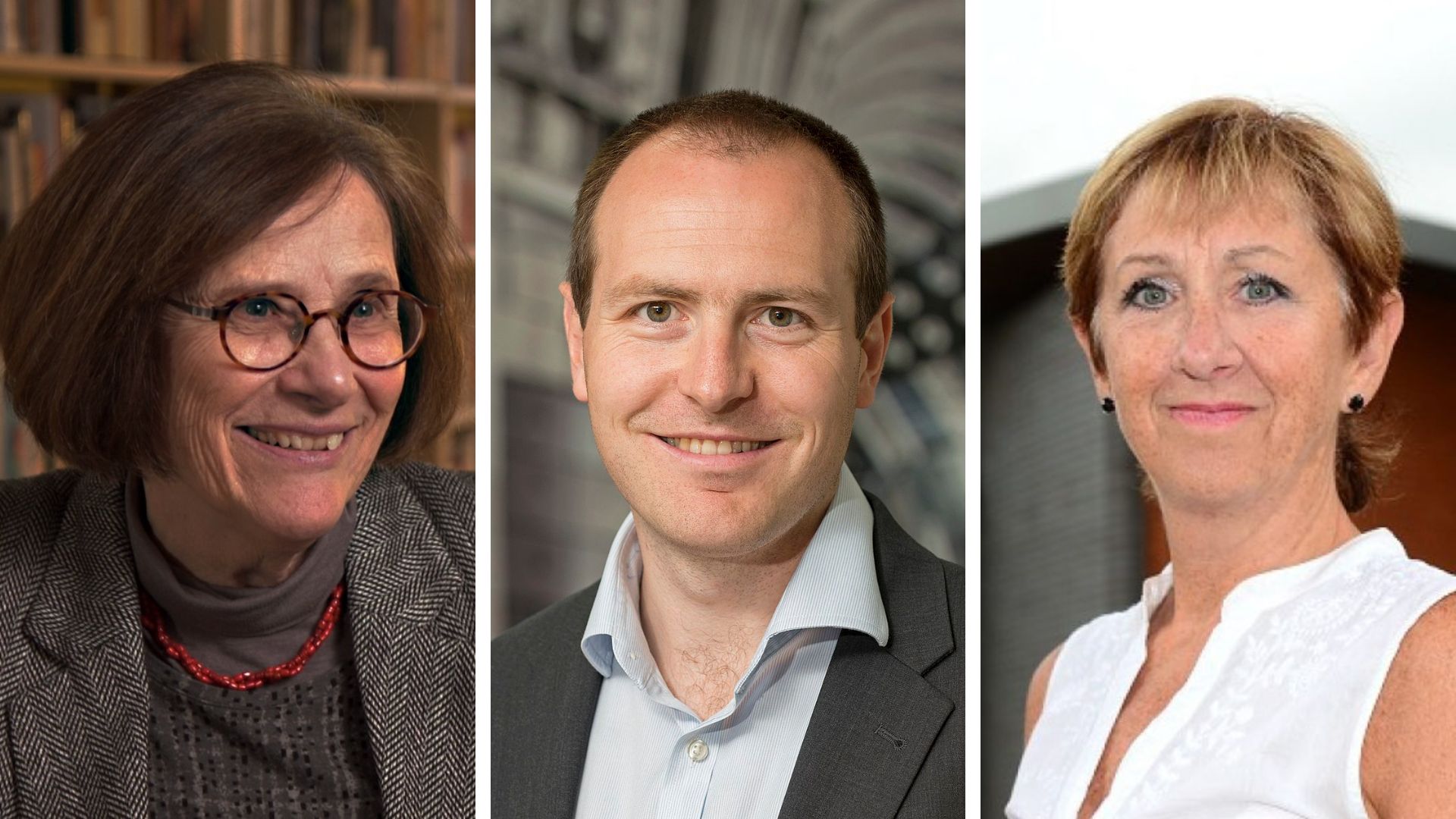Next Papal Election: Potential Candidates And Their Platforms

Table of Contents
Cardinal Luis Francisco Ladaria Ferrer: A Profile in Theological Conservatism
Background and Theological Stance:
- Brief biography: Cardinal Ladaria Ferrer, a Jesuit, has served as Prefect of the Congregation for the Doctrine of the Faith, a key position responsible for upholding Church doctrine. His extensive career includes significant roles in theological scholarship and Church governance.
- Theological leanings: He is widely considered a theological conservative, known for his staunch defense of traditional Catholic teachings. His writings and pronouncements reflect a commitment to orthodox doctrine and a cautious approach to theological innovation.
- Specific examples: His involvement in debates surrounding the Amazon synod and his writings on theological issues demonstrate a preference for traditional interpretations and a resistance to rapid changes in doctrine. He emphasizes the importance of maintaining the integrity of Catholic teaching in the face of contemporary challenges.
Potential Policy Directions:
- Ecumenism and Interfaith Dialogue: A measured and cautious approach, prioritizing theological clarity and doctrinal consistency in interfaith relations.
- Social Justice: A focus on traditional Catholic social teaching, emphasizing the dignity of the human person and the importance of charitable works, while potentially emphasizing a more traditional understanding of family structures.
- Controversial topics: A likely conservative stance on issues like clerical celibacy, women's ordination, and LGBTQ+ inclusion, upholding existing Church teachings. His potential papacy would likely maintain the current Church stances on these matters.
Strengths and Weaknesses as a Papal Candidate:
- Strengths: Extensive theological expertise, deep understanding of Church doctrine, strong administrative experience.
- Weaknesses: His conservative stance might alienate some within the Church, potentially hindering efforts towards greater inclusivity and dialogue. His age could also be considered a factor.
Cardinal Pietro Parolin: Focus on Global Diplomacy
Background and Theological Stance:
- Brief biography: Cardinal Parolin, currently the Vatican Secretary of State, is highly experienced in international diplomacy and Church governance. His career reflects a commitment to global outreach and engagement.
- Theological leanings: While his theological stance is not as explicitly defined as others, his emphasis on dialogue and engagement suggests a more moderate, pragmatic approach.
- Specific examples: His role in navigating complex international relations demonstrates his skill in diplomacy and his ability to engage with diverse perspectives.
Potential Policy Directions:
- Ecumenism and Interfaith Dialogue: A strong emphasis on fostering dialogue and collaboration with other Christian denominations and world religions.
- Social Justice: A focus on global issues such as poverty, climate change, and migration, reflecting a commitment to social justice on an international scale.
- Controversial topics: A potentially more open approach to dialogue on contentious issues, prioritizing finding common ground and promoting unity within the Church.
Strengths and Weaknesses as a Papal Candidate:
- Strengths: Extensive experience in international relations, strong diplomatic skills, proven ability to navigate complex political landscapes.
- Weaknesses: Some might perceive his moderate approach as lacking a strong, decisive theological stance.
Cardinal Michael Czerny: A Socially Conscious Approach
Background and Theological Stance:
- Brief biography: Cardinal Czerny, a Jesuit, has a long history of working on social justice issues, particularly related to migration and refugee resettlement.
- Theological leanings: His work reflects a strong commitment to social justice and a focus on the marginalized and vulnerable.
- Specific examples: His extensive work with refugees and migrants demonstrates a dedication to serving those on the peripheries, reflecting a strong social justice conscience.
Potential Policy Directions:
- Ecumenism and Interfaith Dialogue: A commitment to ecumenical and interfaith cooperation, emphasizing shared values and common goals.
- Social Justice: A central focus on addressing systemic inequalities, protecting the vulnerable, and promoting a more just and equitable world.
- Controversial topics: A potentially more progressive approach to addressing some controversial issues, prioritizing compassion and inclusivity.
Strengths and Weaknesses as a Papal Candidate:
- Strengths: Strong track record in social justice advocacy, deep understanding of the needs of the marginalized, inspirational leadership.
- Weaknesses: His strong focus on social justice might be seen as overshadowing other important aspects of Church governance.
Key Issues Shaping the Next Papal Election:
- Declining Church attendance: Addressing the reasons for declining participation and finding new ways to engage younger generations.
- Sexual abuse scandals: Continuing efforts to address the scourge of sexual abuse and ensure accountability within the Church.
- Internal divisions: Reconciling differing theological perspectives and promoting unity within the Catholic Church.
- Geopolitical context: Navigating the complexities of the global political landscape and the Church's role in a changing world.
These issues will significantly influence the priorities of the next Pope and shape the direction of the Catholic Church in the years to come. The next Papal election will not only be a moment of transition but also a critical juncture in the ongoing dialogue within the Church about its future.
Conclusion:
The next Papal election promises to be a pivotal moment in the history of the Catholic Church. Understanding the potential candidates – their backgrounds, theological viewpoints, and policy preferences – is crucial for comprehending the potential future direction of the institution. While predicting the outcome is impossible, analyzing the strengths and weaknesses of the frontrunners allows for a more informed perspective on this significant event. Stay informed about the Next Papal Election and the evolving landscape of potential candidates to better understand this crucial juncture in Catholic history. Follow our updates for further analysis and insights into the Next Papal Election and the implications for the future of the Church.

Featured Posts
-
 The Baba Yaga Transformation A John Wick Themed Adventure In Las Vegas
May 11, 2025
The Baba Yaga Transformation A John Wick Themed Adventure In Las Vegas
May 11, 2025 -
 Actors Join Writers Strike A Complete Shutdown Of Hollywood Production
May 11, 2025
Actors Join Writers Strike A Complete Shutdown Of Hollywood Production
May 11, 2025 -
 Rays Vs Yankees Injured Players For April 17 20 Series
May 11, 2025
Rays Vs Yankees Injured Players For April 17 20 Series
May 11, 2025 -
 Adam Sandlers Net Worth Proof That Stand Up Comedy And Film Can Make You Rich
May 11, 2025
Adam Sandlers Net Worth Proof That Stand Up Comedy And Film Can Make You Rich
May 11, 2025 -
 Debate On Fabers Honours Rejection Schoofs No Show Raises Questions
May 11, 2025
Debate On Fabers Honours Rejection Schoofs No Show Raises Questions
May 11, 2025
